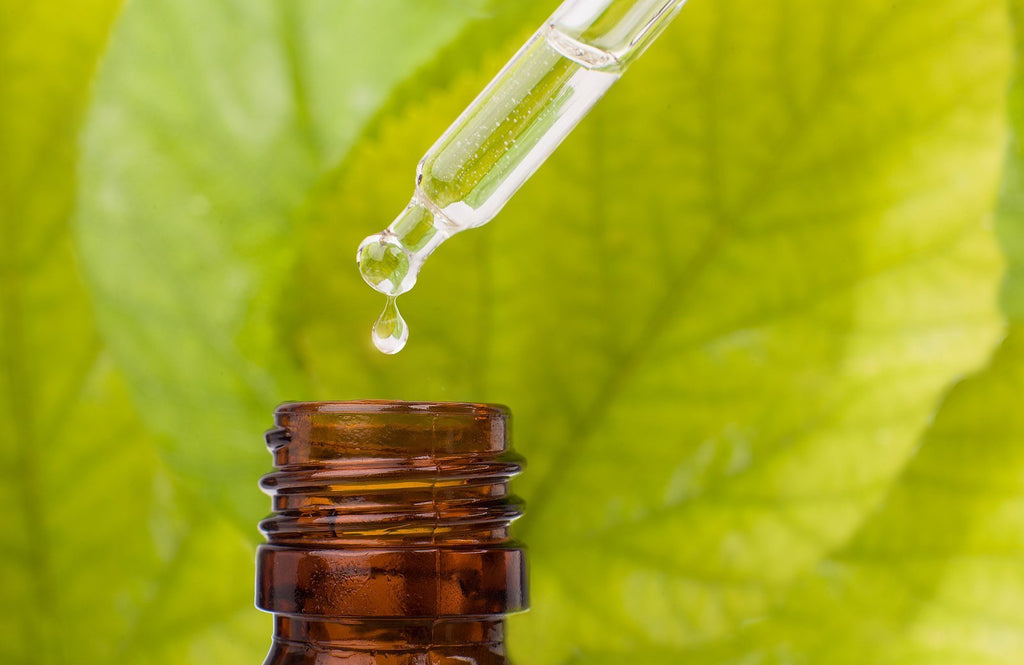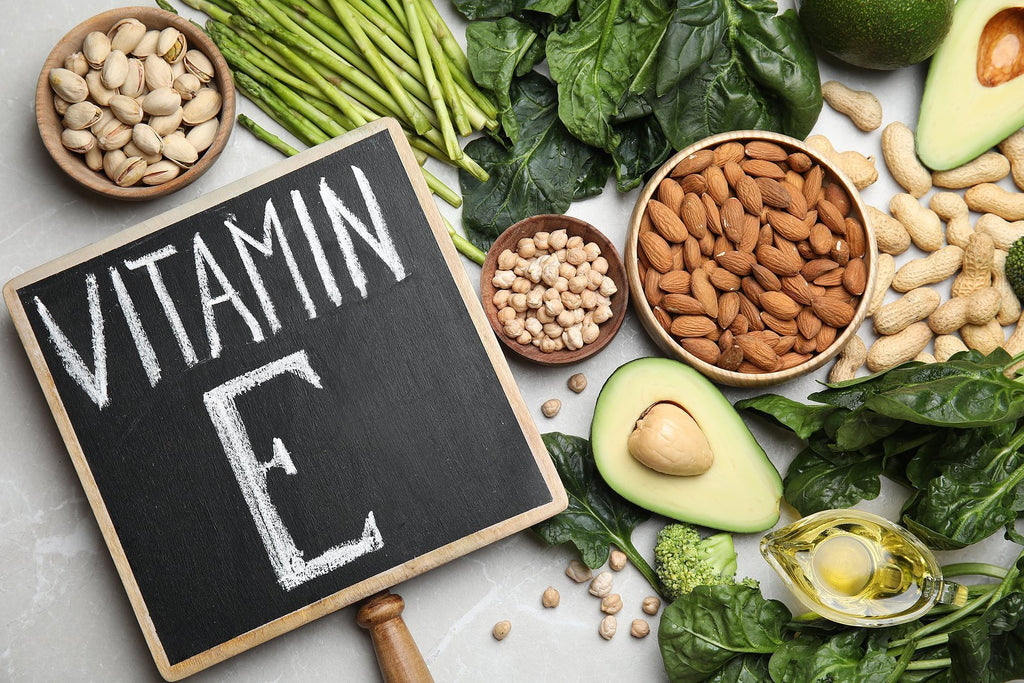What is Guar Gum Exactly? Is it Harmful or Harmless?
If you read food labels, you might be familiar with the tongue twisting ingredient “guar gum.” It’s widely used in the food industry, but what is it exactly, and is it safe to consume?
Today I’ll answer all of this and lay out the pros and cons of its use.
What is Guar Gum Exactly?
Guar gum is a food additive that comes from the processing of the legume known as guar bean. It’s made by removing and milling the endosperm, the same way that grains are refined. The resulting powder (guar gum) has unique properties that make it a desirable ingredient for many industries.
Although guar gum is most widely used as a food additive, you’ll find it in cosmetics and pharmaceuticals too. Even the oil and gas industry use it to help with drilling.
Guar gum’s unique properties:
- High solubility in both hot and cold water make it an excellent emulsifier to stabilize and thicken the texture of foods. An emulsifier helps liquids mix that would otherwise stay separated.
- Holds almost 100% more water than corn starch.
- Works just as good as other emulsifiers, but is less processed and therefore a better ingredient/cooking alternative.
- Has low calorie/high fiber content.
The Benefits of Guar Gum
If you’re needing to cook with an emulsifier or eating processed foods, guar gum is a much healthier binding ingredient than modified corn starch or gluten.
Just like other fibers, guar gum can help ease constipation and benefit blood sugar and cholesterol levels. This is great news for diabetics and those with sluggish bowels!
- Great emulsifier
- Less processed
- Fiber promotes health
So far, guar gum gets a thumbs up!
It’s really only a cause for concern when consumed in excess.
The Trouble With Guar Gum
Due to its ability to absorb water and bulk up so rapidly, if consumed in large amounts, guar gum can damage the lining of your gut.
Guar gum can be especially problematic for those with soy allergies.
Remember how guar gum is made from a legume? This raises concern because not only are legumes notoriously hard to digest, but they also contain lectins (plant proteins). Known for irritating the digestive system, lectins can instigate leaky gut and raise the risk for developing food allergies and autoimmune diseases.
Here’s why I suggest everyone stay away from the most famous lectin, gluten!
Here’s a quick recap of cons:
- Can damage gut lining when consumed in excess
- Possible gut irritant in large amounts
- Problematic for those with soy allergies
- Legumes are tough to digest and contain lectins
Guar Gum use Guidelines
Guar gum is considered a natural product and a healthier choice compared to many other emulsifiers, such as the synthetic one called polysorbate 80.
Keep in mind that it is a food additive and these are known for throwing off the balance of bacteria in your gut. When this occurs, you can experience big problems like inflammation, intestinal permeability and food sensitives.
A little bit of this powder goes a long way, so be cautious if you’re using it in home cooking. Although in small amounts it can ease constipation, it can also cause this condition since it soaks up water so easily.
Guar gum is really not something you’d eat alone, but if you get enough of it from processed foods, it could be a health stressor. If you have a sensitive digestive system or any gut issues, don’t overlook guar gum as a culprit. You may need to really avoid it.
In general, foods that contain guar gum are processed and not the healthiest food choices anyway. This list includes:
- ice cream/yogurt/pudding
- baked goods
- condiments/salad dressing/sauces
- processed nut milks (coconut/almond)
- cereals
- soup
- cheese
Steering clear of processed and packaged foods is an easy way to keep food additives (and unhealthy ingredients) out of your system.
The takeaway here is that guar gum is a good choice when it comes to emulsifiers, but it should only be consumed in very small amounts.
Sharing is caring
Know Your Body - Know Your Health






